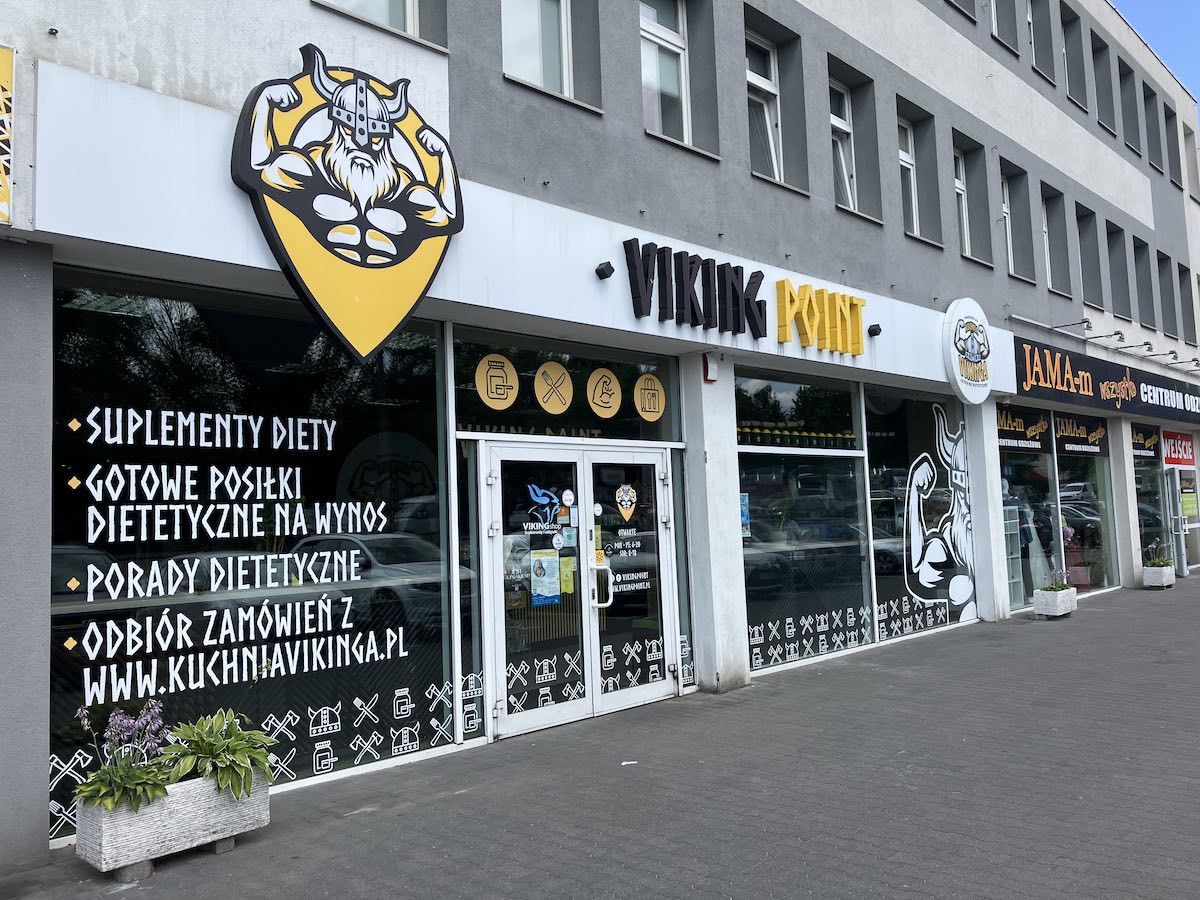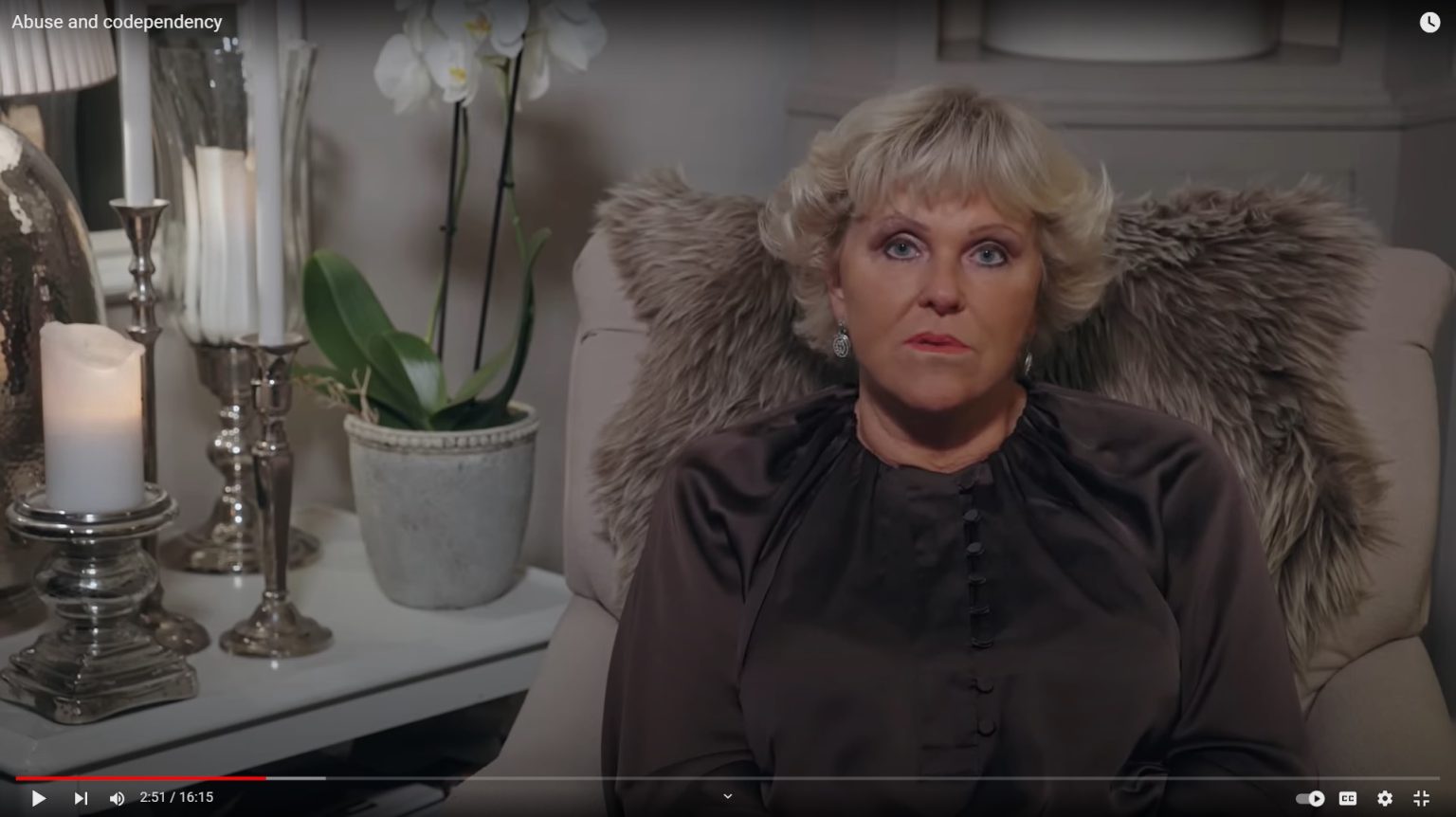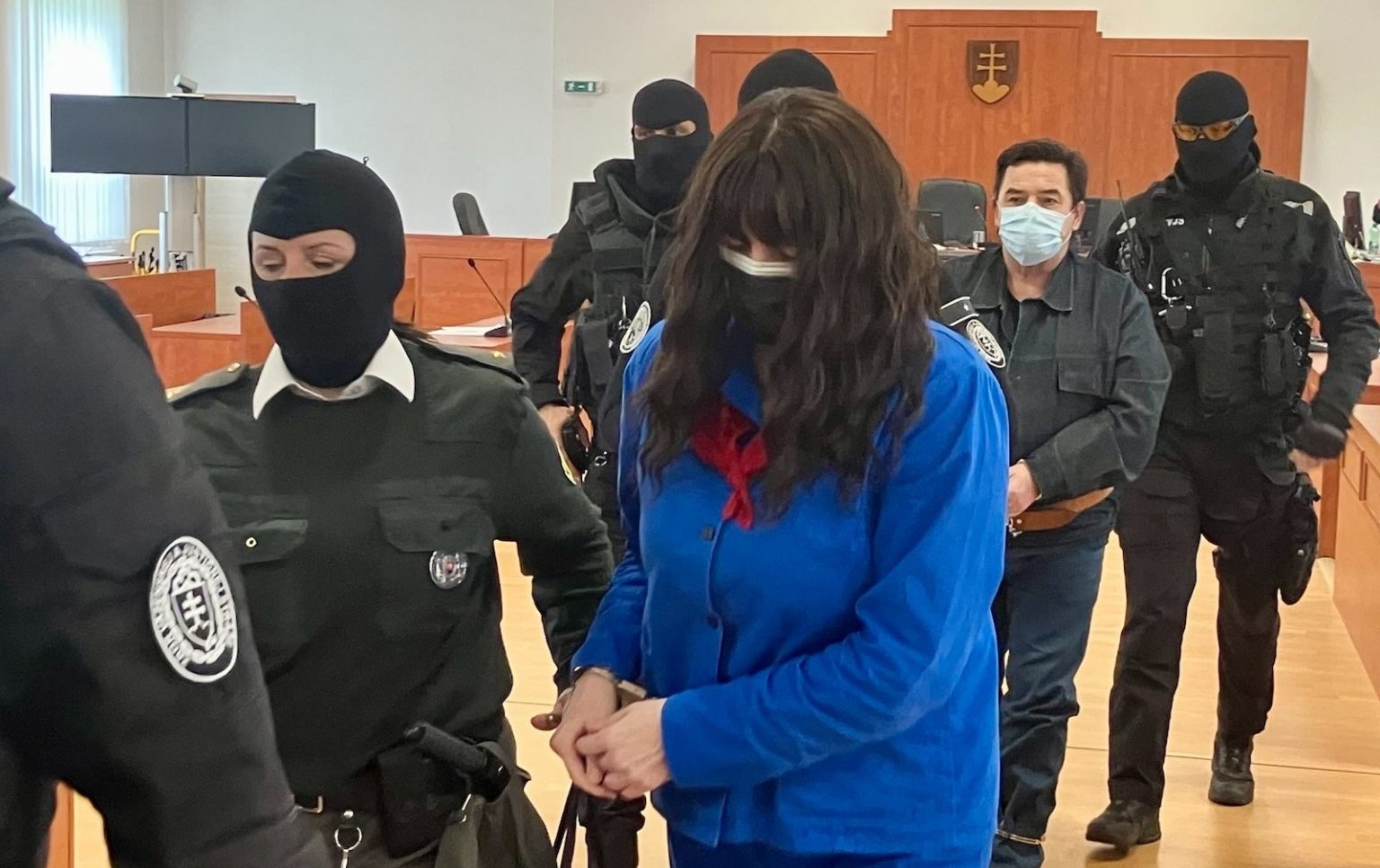The https://english.atlatszo.hu use cookies to track and profile customers such as action tags and pixel tracking on our website to assist our marketing. On our website we use technical, analytical, marketing and preference cookies. These are necessary for our site to work properly and to give us inforamation about how our site is used. See Cookies Policy
From journalists surveilled across Europe to a Polish MP linked to organized crime
Journalists in more than a dozen other European countries have been victims of surveillance over the past decade, but many suspect the phenomenon continues. Investigative reporters in Poland reveal that a recently elected parliamentarian had links with a business linked to organized crime; while in Romania, a far-right party and the party of the Hungarian Prime Minister Victor Orban share Russian-aligned narratives for political gain. In the Czech Republic, a religious group from Denmark is under the spotlight amid concerns over child abuse. This is the Organised Crime and Corruption Watch, regional edition no. 10.
Far-right parties in Romania, Hungary exploit old conflicts for political gain
The rhetorical antagonism between Romania’s far-right AUR party and Hungary’s ruling FIDESZ party of populist Prime Minister Victor Orban is playing out as a reiteration of the historical conflicts between the two nations, most notably rooted in Transylvania which was once a part of the Austro-Hungarian empire.
This dynamic has been highlighted by an investigation by Rise Project Romania, which illustrates how both parties employ similar narratives of promoting nationalist sentiments to gain voters that naturally oppose the EU’s interests and instead better align with Russia’s geopolitical agenda. The messages are fuelling ethnic tensions that threaten to undermine the EU’s support for Ukraine as the war drags on.
AUR and FIDESZ strategically capitalize on old narratives dating back to 1990 when interethnic violence flared up in Targu Mures, where today a large ethnic Hungarian population remains. Both parties exploit and propagate the historical conflicts against perceived “foreign” influences across traditional and social media. Read the whole investigation here.

Surveillance States: Monitoring of Journalists Goes Unchecked in Central, South-East Europe
Tapped telephones. Bugged apartments. Watchers on the street. Spyware on mobile phones. Atlatszo participated in BIRN’s project in which journalists who have been put under surveillance by intelligence services, criminal groups, or private companies over the past few decades were interviewed in 15 countries.
The interviews explain how surveillance has affected journalists’ work and lives from the communist period to the present day and how attempts to seek justice for being illegally surveilled often fail. The reports revealed how the monitoring of media workers remains a significant issue in Central and South-East Europe.
The full article can be read on Atlatszo as well as on Balkan Insight, and all videos are collected and can be viewed on the project page.
Ukrainian refugees return home from Romania due to lack of financial help
Investigative reporters from Context found that Romania has blocked the distribution of EU funds that Brussels had said could be redirected from other bloc-funded projects to help Ukrainian refugees.
The move left many of those who fled the war without any income and forced them to return to their war-torn home country.
In the wake of Russia’s full invasion of Ukraine last year, the European Commission told Bucharest it could redirect funds it had received for other EU projects to the refugees. Some of that money, for example, was earmarked as financial relief to alleviate the fiscal consequences of the COVID-19 pandemic. But instead of using the money to help the refugees, the authorities purchased COVID-19 supplies in 2023, despite the virus being well under control. Read the full report here.
Far-Right Polish politician connected to businessman with shady past
A business conference held by the leader of Poland’s nationalist Confederation party, Sławomir Mentzen, who became a member of parliament after an autumn election, was sponsored by Kuchnia Vikinga (Viking’s Kitchen), an alleged group of which the deputy’s head stands accused of being involved in organised crime.
Poland’s prosecutor’s office has accused the gang of engaging in pimping and kidnapping and other crimes. Following the publication, cooperation with Kuchnia Vikinga “pending clarification of doubts” was suspended by the Wisła Kraków club, of which the Białystok-based brand was a sponsor.
The end of cooperation with Kuchnia Vikinga was also announced on social media by Krzysztof Stanowski, popular Polish YouTuber and co-owner of the Sports Channel, in which the company from the Podlasie capital advertised.
Are Danish children being abused in the Czech Republic?
Police in the Czech Republic have closed a case investigating a controversial Danish religious movement called Faderhuset, or Father’s House, who fled Denmark nearly seven years ago after being accused by the authorities of abusing minors.
While both Czech police and social services concluded they found no evidence of wrongdoing, the Office for International Legal Protection of Children disagreed with the decision.
The Office was the first one to raise the issue with the Czech authorities and to express concern for the young members of the community, based on information from Danish authorities, which included interviews with a former member of the religious movement, who described violence both towards the children and the adult members of the community.
The leaders of Faderhuset – the Kristiansen family – own several properties in the Czech Republic. The Czech Republic is one of the last European countries where physical punishment of children is not outlawed. Read the whole story here.
Murder of Ján and Martina: One Judge was in favour of Kočner’s Conviction
On Wednesday, February 21, 2018, Miroslav Marček entered the house of Aktuality.sk investigative journalist Ján Kuciak and shot him. He also took the life of Kuciak’s fiancée, Martina Kušnírová. Marček, his driver Tomáš Szabó and the murder facilitator Zoltán Andruskó are already serving long sentences.
Marian Kočner and Alena Zsuzsová, accused of ordering the murders, were acquitted in the first trial. In may 2023, after the retrial ordered by the Supreme Court, Alena Zsuzsová as found gulity but Marian Kočner – a shady businessman who held shocking influence over judiciary in Slovakia in the past – was acquitted again. The decision was appealed to the Supreme Court which will probably decide next year.
However, the opinion that the murder was completelly created from the beginning to the end by Alena Zsuzsová without any knowledge of Marian Kočner, was not agreed upon by the whole senate. The trial is conducted in front of three professional judges. Two of them – Ružena Sabová and Rastislav Stieranka – agreed on this, the third one – Jozef Pikna – wrote a dissenting opinion which, after analysis, seems much more in line with the evidence.
Pikna agrees with his co-judges that Alena Zsuzsová is guilty, but he also writes that “the evidence adduced at the main hearing forms a logical and undistorted system of complementary evidence which, taken as a whole, excludes the possibility of any other conclusion than that the defendant Marian Kočner committed the offense…”. According to him, the evidence “proves beyond reasonable doubt that the order for the murder did not begin with Alena Zsuzsova, but with Marian Kočner.”
This collaborative newsletter is based on the work of seven investigative news platforms that are members of The Organised Crime and Corruption Reporting Project. They include Investigace.cz (Czech Republic), Bird.bg (Bulgaria), Frontstory.pl (Poland), Rise Project (Romania), Investigative Center of Ján Kuciak – icjk.sk (Slovakia), Átlátszó (Hungary), Context Investigative Reporting Project (Romania).




